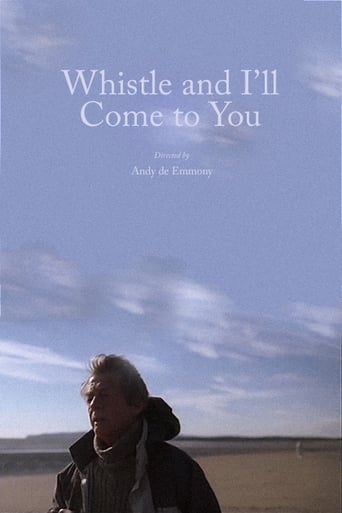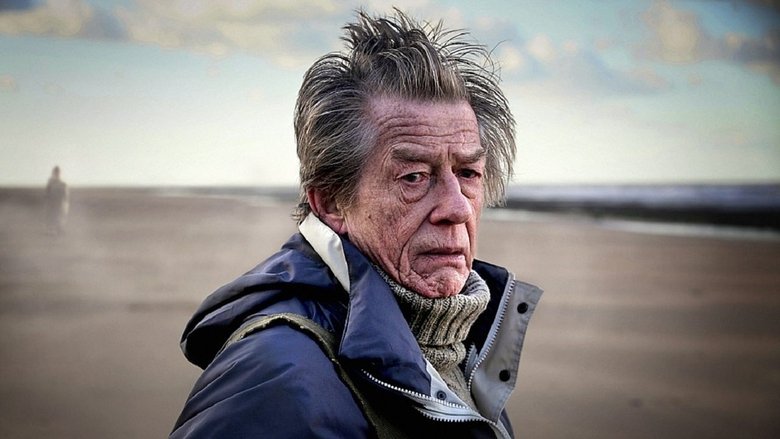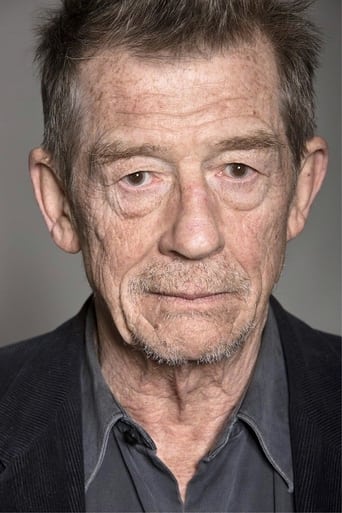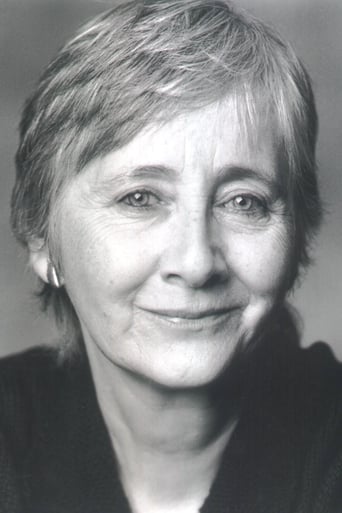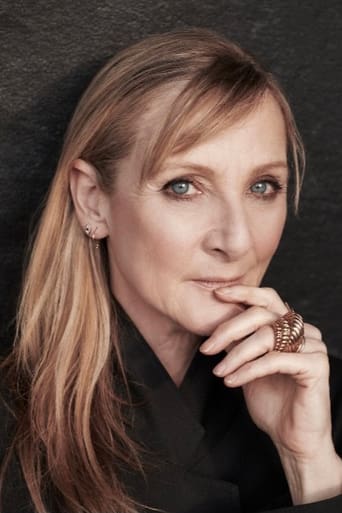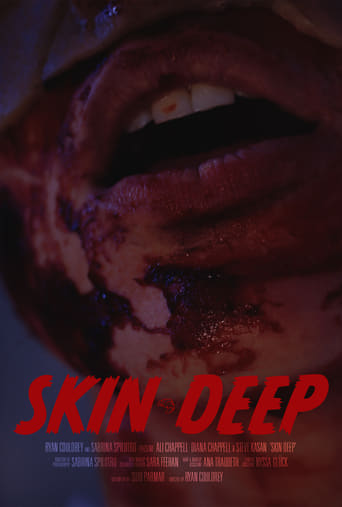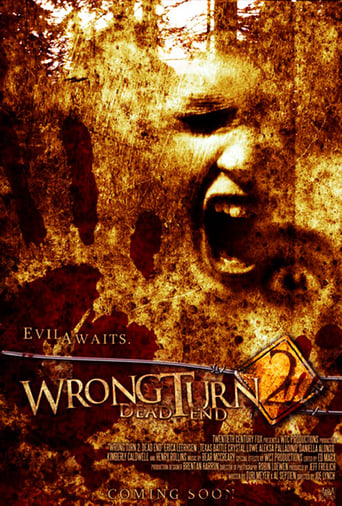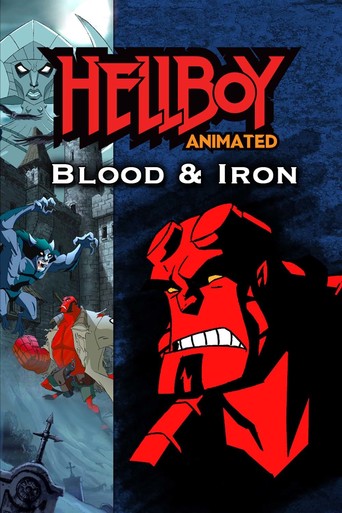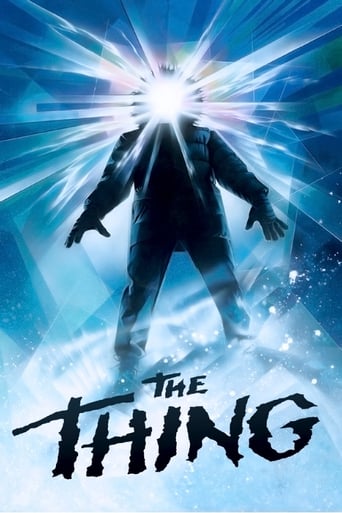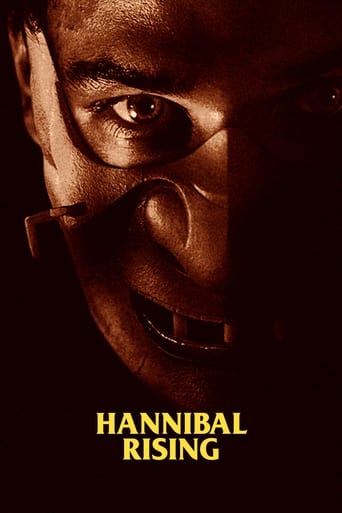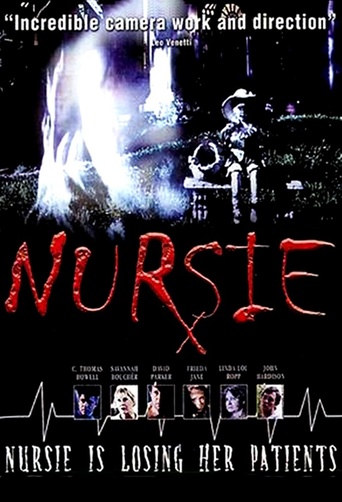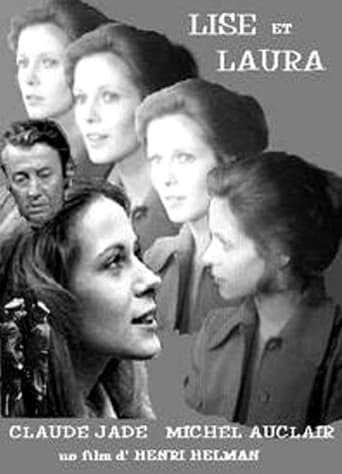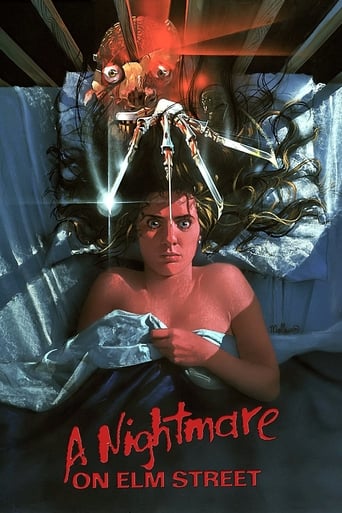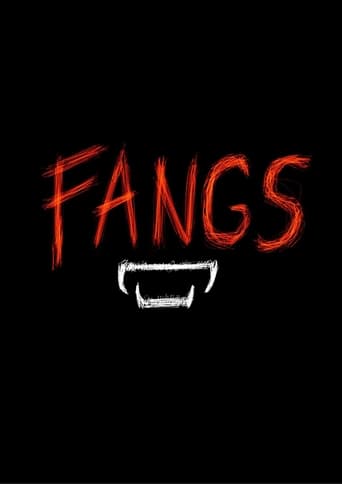Whistle and I'll Come to You (2010)
After placing his ailing wife Alice in a care home, elderly academic James Parkin goes to stay at a wintry out-of-season hotel which they used to visit together. But at night he seemingly becomes the victim of a ghostly revenge - but who is the avenger?
Watch Trailer
Cast
Similar titles
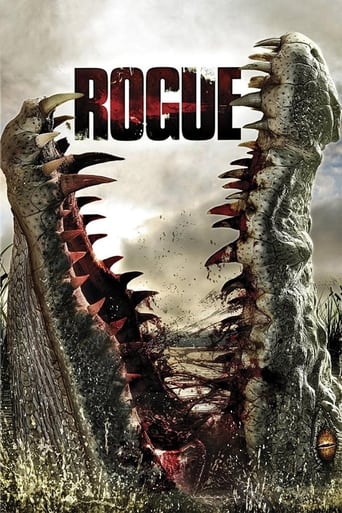
Reviews
the audience applauded
Excellent adaptation.
At first rather annoying in its heavy emphasis on reenactments, this movie ultimately proves fascinating, simply because the complicated, highly dramatic tale it tells still almost defies belief.
Story: It's very simple but honestly that is fine.
I recently saw both versions of "Whistle and I'll come to you" for the first time and thoroughly enjoyed both but was somewhat surprised to come on here and see all the negative reviews for the remake. So this may help to redress the balance a little. Certainly, I am no fan of remakes. The vast majority are utterly pointless vanity projects and crucially, their major flaw is that they extract and dilute content, often removing a central motif, character or complexity found within the original work. Some of these criticisms have been levelled at the remake of "Whistle", however I feel this is unfair. I am no expert on MR James and I appreciate this prevents me from having a full picture of why people value this story so much. It seems that the themes of the original 1968 TV production are best summed up by muldwych in another review posted on IMDb: 1. "The heart of the story is the folly of arrogant presumption, that there will always be realms of understanding beyond mortal man, and to believe you can quantify existence is to invite downfall". 2. "The rapid destruction of Parkins's self-assured, almost autistic world is almost as disconcerting as the unknown forces he has unleashed". This take on the 1968 version is fascinating and there is no doubt that this is the central theme of the piece. However, with the wonderful Michael Hordern playing the role, I just don't get the sense of his world crumbling in this way. He seems intrigued by these "unknown forces" but never particularly troubled by them (with the exception of the last 30 seconds). In a scene five minutes before the end, he is still fussing about not liking tomatoes and generally bumbling around in his own world. The events hardly seem to depict the dismantling and discrediting of an intellectual mindset as other reviews have described.So what is it about the John Hurt version that irritates fans of the original adaptation? Well, it is indeed a very different character with different circumstances. Hurt has just taken his incapacitated wife, suffering from dementia, into a care home and then gone on a therapeutic holiday alone to revisit places where they spent time together. While this twist raises the ire of many fans of the original tale, for me on first viewing without any background knowledge, it was utterly compelling and sublime. There is a palpable sense of loss, loneliness and bereavement running throughout, as Hurt appears to be pushing himself into this new life of solitude, forcing himself to function and revisit the past, a place that is both comforting and gut wrenchingly bittersweet. The film just seems to throb and reverberate with a glow of sadness and a kind of bleak fortitude.And this is perhaps where the two adaptations link together. Both men have been cut loose from their moorings and their belief systems, and the way they understand and relate to the world around them is being called into question. Michael Hordern's version of the character is not put into this situation until he blows into the whistle. John Hurt is already adrift when he arrives at the hotel and the supernatural events send him further into this spiral. But they are both lost souls in different ways and for this reason, they are both equally valid as a lead character.The two versions are exquisitely filmed and both are utterly beautiful. I did find more tension in the 2010 remake, I have to say, and I found myself nervously scouring the edges and background of each frame for any ghostly figures or disturbing detail. So for this reason, maybe the John Hurt version just edges it for me. Admittedly though, perhaps the title of the remake should've been changed, as it is a little clumsy considering the plot changes involved.
The BBC had a tradition of making some exceptionally spooky TV movie ghost stories based on the writings of M. R. James back in the 1970s – and WHISTLE AND I'LL COME TO YOU is their latest attempt to recall those much-loved classics. Unfortunately, while this 55 minute production is beautifully shot and full of a sense of gradually creeping menace, the whole thing is ruined by a needless updating of the storyline so that it becomes almost unrecognisable. Gone is the old whistle of the story, replaced by an old ring, and gone is the nameless horror lurking in the protagonist's bed sheets in favour of a more "updated" psychological torment. Therefore the title is now redundant and the story bears little resemblance to James's original.John Hurt is fine in the leading role, playing a refreshingly ordinary man for a change, and Sophie Thompson is also good value as the hotel receptionist. The winner, though, is director Andy De Emmony, who creates a supremely atmospheric look and feel to the production, with good old fashion scares straight out of THE HAUNTING, a suitably bleak backdrop and a wonderfully spine-tingling climax – fingers under the door – before THAT silly twist. Sadly, Neil Cross's look-at-me-I'm-better-than-James screenplay is a real letdown; if only they'd let somebody with a genuine affection for the genre, like Mark Gatiss, have a stab at it instead!
I wouldn't say Whistle and I'll Come to You is a complete disaster, but it does fall short, especially when the story it is based on is as good as it is. Not only that, it is for me the most disappointing programme of the festive/New Year season, and that is saying a lot seeing as there were quite a few gems(ie. Toast, Eric and Ernie). Starting with the good things, the location shooting is very evocative and atmospheric and the camera work is interesting. And the acting of John Hurt, Gemma Jones and Lesley Sharp is impressive, though I think all three have been better.Conversely, Whistle and I'll Come to You was a big disappointment, not so much as the previous year's Turn of the Screw but as an adaptation and on its own terms I was disappointed. The ghost story is truly great, it has an unsettling, dark story and has suspense and chills. Here, Whistle and I'll Come to You has its moments but that wasn't enough. Apart from the occasional moment that made me jump I wasn't gripped or unsettled and some scenes(at the beach) were laughable. I don't think the pace helped either, it was really quite dull. Granted, I would have rathered that the story unfolded slowly to add to the atmosphere, but that leads me to my next point.The atmosphere here is rather empty. For me there was very little suspense or tension, while the ambiguity is not done well at all. The script seemed lacking too, some of it seemed too forced, superficial and methodical, and the story is a mixed bag with some decent bits merged with some very disconnected ones, sadly the disconnected scenes outweigh the decent ones. Also, why call it Whistle and I'll Come to You when the whistle of the title is excised entirely. It's like having an adaptation of Pinocchio but without the puppet or something like that. As much as I liked the production values, the modernisation didn't work, it took away from the authenticity and effectiveness that the adaptation could have had easily, while the climatic scene did little for me as it was rather obvious after about 5-10 minutes. In conclusion, a big disappointment but the cast do their best and the adaptation at least looks good so it is not a complete debacle. 3/10 Bethany Cox
I think it's important to begin by saying that the BBC's efforts to bring the classic ghost stories of M.R. James to the small screen have, over the years, been a continual source of joy for lovers of old school horror such as myself. While not every adaptation has been as accomplished an approach to film-making as Jonathan Miller's iconic 1968 realisation of 'Whistle & I'll Come To You' and Lawrence Gordon-Clarke's memorable interpretation of 'A Warning To The Curious', even the comparatively more pedestrian entries have evoked not only the much-anticipated foreboding and supernatural atmosphere of the source material, but a good degree of faithfulness to their underlying themes. This, however, cannot be said for 2010's apparently necessary remake of 'Whistle And I'll Come To You', wherein the terms 'remake', 'intuitive understanding' and 'source material' are applied with the same degree of dubiousness as any arguments in support of the production's validity.For those unfamiliar, as indeed many still will be after watching the new Whistle, the plot of the original centres around the cocksure academic bachelor Professor Parkins (Parkins in the original text), who takes a vacation during the off-season at a remote Norfolk seaside village for golf and exploration, the latter prompted by a colleague's request that he inspect the remains of an old Templar preceptory to determine its archaeological worth. This he duly does, and within the crumbling ruins, discovers an ancient whistle, unable to resist putting its practical function to the test. From that moment on, Parkins is never alone, having awoken forces beyond description and quite beyond all human understanding. The heart of the story is the folly of arrogant presumption, that there will always be realms of understanding beyond mortal man, and to believe you can quantify existence is to invite downfall. James's overconfident scholar and protagonist is the perfect vehicle to deliver this message, and an archetype that the writer, who was himself a highly-accomplished academic, knew better than most. The rapid destruction of Parkins's self-assured, almost autistic world is almost as disconcerting as the unknown forces he has unleashed, for which we are given only fleeting glimpses and very little explanation.All of which clearly flew over the heads of the 2010 production team, who presumably felt that the core elements of the story were its beach setting, the university professor more inclined to the rational than the superstitious, and the general bleakness of his existence. So long as some vague continuity with these components was maintained, it seemed perfectly reasonable to completely rewrite both story and characterization to the point where the result was a pale shadow of its former self yet could still be legitimately broadcast under the same title.The Neil Cross teleplay, in which the action is relocated to the present day, sees a Professor James Parkin committing his wife, apparently suffering from advanced senile dementia, to a care home before taking a long overdue vacation on the Kentish Coast in order to come to terms with his loss. The seaside resort also happens to be one of their old stomping grounds, and the discovery of a ring in the sand dunes brings to life more than mere memories for Parkin. Something seems keen to communicate with him on the deserted coast, and it may not be as unfamiliar as it first appears.Cross's script quite spectacularly manages to miss the point of the James tale, retaining only superficial vestiges of its substance. Gone is the arrogant, antisocial university mandarin of the original. In his place is the more socially-capable doting husband whose rational worldview is in no way extreme and borne of great personal tragedy – again entirely caused by the most intimate of social interaction (the original Parkins wouldn't even know what to do with a woman). The character's ultimate fate is seemingly more extreme, yet far more simplistic and obvious, undercutting the psychological ramifications of his plight.The 'ghost' of the story is equally less subtle and, by the climax of the tale, extremely more quantifiable than its antecedent, of which one understands no more by the end than they did when it first appears. Its intangible mystery is precisely the point of its existence, being something so alien that not even the well-read professor can define it.The whole dramatisation is, in short, comprehensively dumbed down. The rapid departure from the original narrative is, according to those behind the camera, because Jonathan Miller had already dramatised the story so well that there seemed little point in retreading the same ground. The creative reigns are firmly in the grip of Marshall McLuhan's prophesied generation wherein the televisual medium has become the message for those who work in the industry. Television is its own reference point and must now be the source material for rehashing plots with diminishing returns. Heaven forfend that the book be the wellspring of inspiration instead. Telling the same story is surely the point of the exercise: if there is little point in retreading ground well-covered in the past, this, surely, is proof that the endeavour was unnecessary in the first place.Cashing in on a popular title is perhaps the greatest offence and indeed irony, since the Cross script under the direction of Euros Lyn does deliver its own chilling moments. Add to this the very capable cast headed by John Hurt and Gemma Jones and some excellent location shoots, and there is much to otherwise praise. More damage is done to it by being arrogant enough to masquerade it as something it is not, whereas a more favourable analysis would be quite easy if it were touted as a new work in its own right. It isn't, however, being instead an unwarranted 'Disneyfication' of a far darker psychological piece that a new audience will mistakenly equate with Britain's greatest master of the macabre. It is the same blind egotistical behaviour that Hollywood is typically blamed for. With them, however, such silliness is expected.
